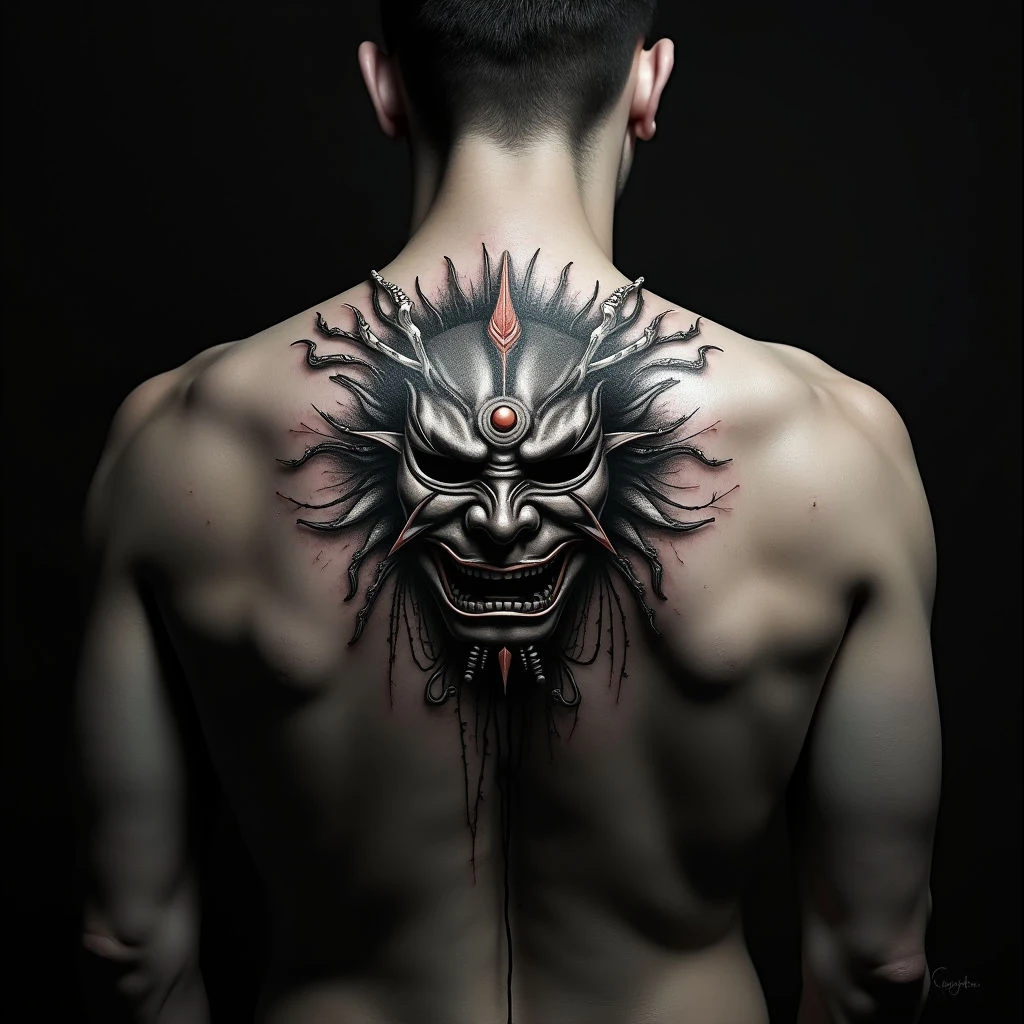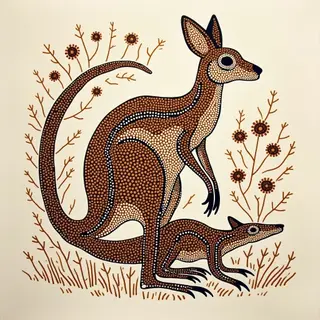Japanese Mask Tattoos: More Than Meets the Eye
The stoic gaze of a Japanese mask holds more than just painted features—it embodies centuries of folklore, theatrical tradition, and potent symbolism. These aren't mere decorations; they are vessels of complex narratives woven into the fabric of Japanese culture.
A History Etched in Ink
Masks, or men, have long been integral to Noh theatre, Shinto rituals, and traditional storytelling. They were once worn by performers embodying spirits, deities, and demons, blurring the line between the human and supernatural. This deep-rooted history informs their modern appeal as tattoos.
The Weight of Symbolism
- Kitsune (Fox Mask): Often representing cunning, intelligence, and shapeshifting, Kitsune masks can signify protection or mischief, depending on the number of tails. They're linked to Inari, the god of rice and prosperity.
- Hannya: This iconic mask portrays a vengeful female demon born from unrequited love. A Hannya tattoo often signifies overcoming emotional turmoil or embracing inner strength—a potent symbol of feminine rage and resilience.
- Tengu: With their long noses and fierce expressions, Tengu masks represent mountain spirits known for their mastery of martial arts and magic. They can symbolize ambition, discipline, and a connection to the wild.
Beyond the Surface
A Japanese mask tattoo isn't just about aesthetics; it’s an invocation—a personal statement reflecting inner struggles or aspirations. The choice of mask speaks volumes about your own journey.


